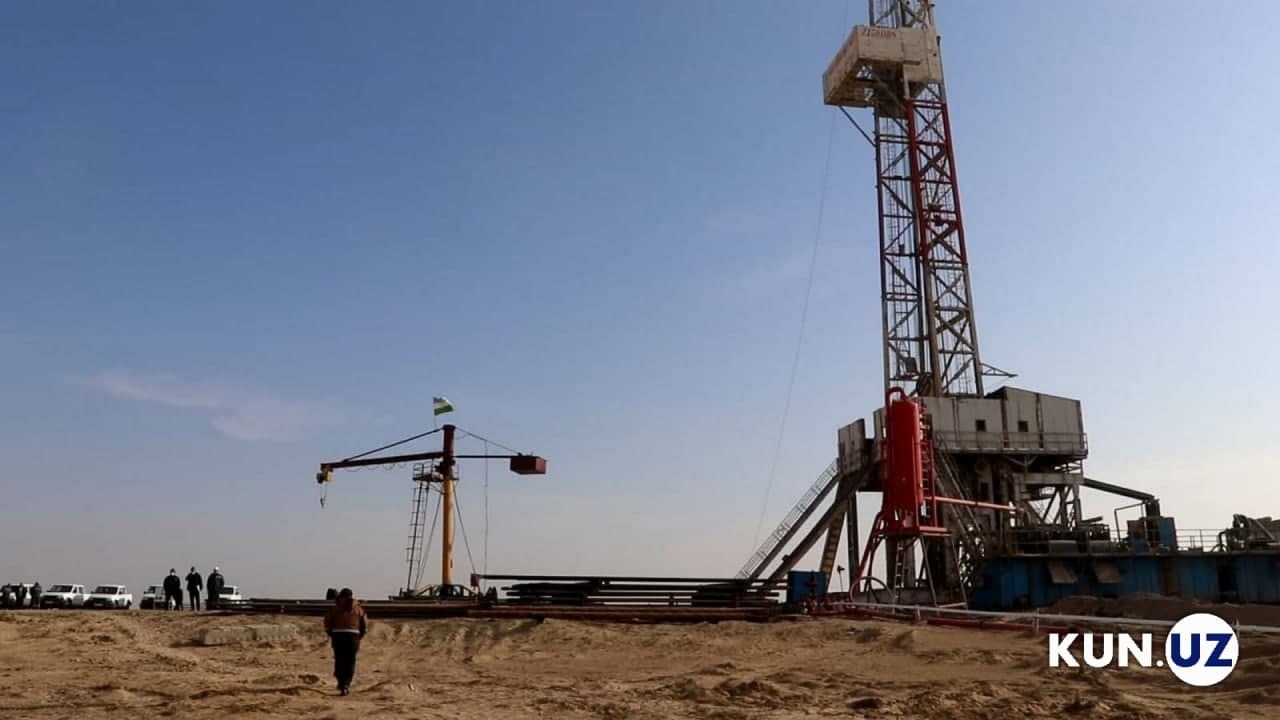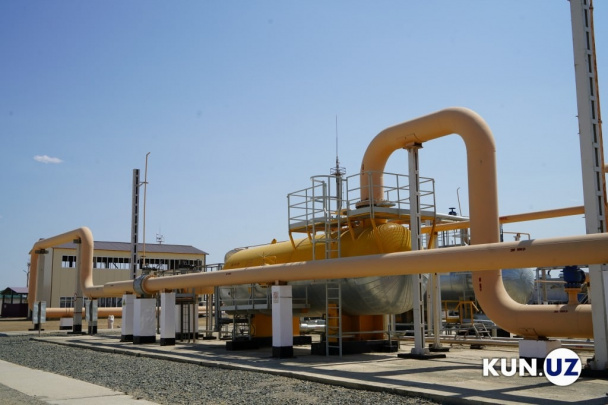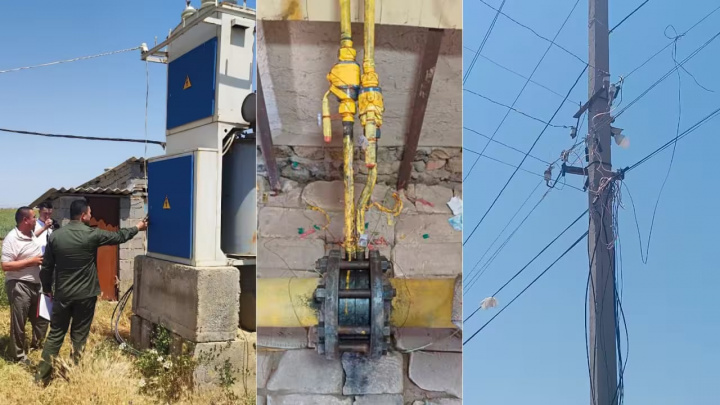Gas production declined in Uzbekistan despite tax incentives
After the tax rate on natural gas was reduced by 3 times and on oil and gas condensate by 2 times, in 2022, the users of the underground paid about 2 trillion soums or 12% less tax than a year ago. Nevertheless, gas production decreased by 4% and gas condensate production by 3%; oil production increased by 2%.

Photo: Kun.uz
In 2022, receipts to the state budget from the tax for the use of subsoil amounted to 13.9 trillion soums, which decreased by 1.9 trillion soums (12.2%) compared to 2021. Information about this is given in the report of the Ministry of Economy and Finance.
It is known that the main part of the revenue from the tax for the use of the subsoil (63.7%) is contributed by gold and copper mining enterprises with a state share.
The decrease in revenues for this type of tax is due to the unification and reduction of tax rates for certain types of minerals.
“538.1 billion soums will be available to taxpayers as a result of the reduction of tax rates on natural gas from 30% to 10%, on oil and gas condensate from 20% to 10%, and as a result of the introduction of the “Netback” mechanism in determining the tax base starting from 2022 postponed,” the report says.
According to the forecasts of the state budget for 2022, the tax revenues for the use of subsoil should be 14.3 trillion soums. Due to the concessions, budget receipts were less than forecast indicators: 13.76 trillion soums.
From 2022, tax rates for the use of subsoil (from gold to gas) have been reduced in Uzbekistan. But the rates for NMMC, AMMC and Uzbekneftgaz remained unchanged. The concessions were said to be aimed at encouraging private companies to invest and develop low-mineral mines.
The reduced tax rates for the exploitation of mineral resources were as follows:
ꞏ up to 10% for oil and natural gas (previously, oil was 20%, natural gas - 30%);
ꞏ up to 7% for gold and copper (previously, gold was 10%, copper - 10%);
ꞏ up to 2.7% for tungsten concentrate (previously, it was 10.4%);
ꞏ up to 8% for uranium (previously, it was 10%).
In addition, it was established that new oil and gas wells will be exempted from the tax imposed on the property of legal entities for the first two years, starting from the month of their industrial use, and that a reduced rate of 50% of the tax rate set for this tax will be applied in the next three years.
Despite the concessions, gas production has declined
According to the Statistics Agency, 53.8 million cubic meters of gas were extracted in 2021, and this figure decreased to 51.7 million cubic meters in 2022. Decrease - 2.1 million cubic meters or 4%.
Also, 1.32 million tons of gas condensate was produced in 2021, and 1.29 million tons in 2022. Decrease - 36.8 tons or 2.8%.
Oil production increased slightly - from 774,000 tons to 787,800 tons. Growth – 13.8 tons or 1.8%.
Natural gas production continues to decline: 4.3 million cubic meters were produced in January 2023. In the corresponding period of 2022, this amount was 4.7 million cubic meters.
The same trend can be seen for gas condensate. Production was 120,400 tons in January of last year, and decreased to 109,4 million tons in January of this year (a decrease of 9%).
In January, oil production increased by 2.7 thousand tons compared to the same period last year. Growth - 4.3%.
Earlier, Kun.uz provided information about the companies that own oil and gas fields in Uzbekistan, based on the information provided by the Minister of Energy Jurabek Mirzamakhmudov.
Related News

18:34 / 26.05.2025
Uzbekistan launches new tax inspectorate to enforce product labeling rules

14:36 / 22.05.2025
Uzbekistan doubles gas exports to China in April

14:00 / 20.05.2025
Boysun residents left in the dark as Emergency Ministry offers no clear answers for gas emissions

19:11 / 19.05.2025



